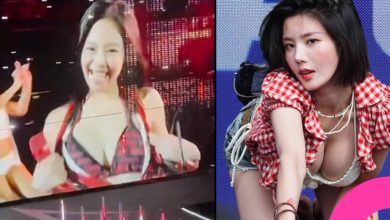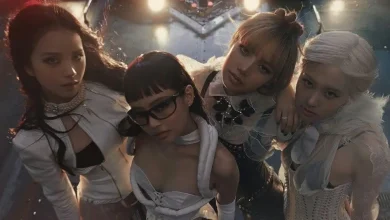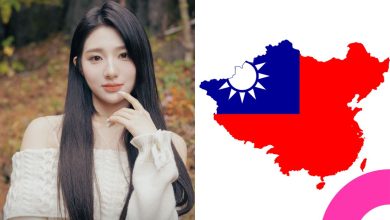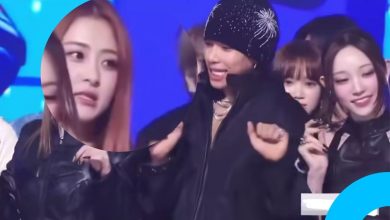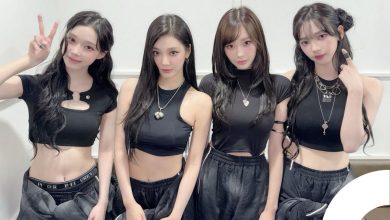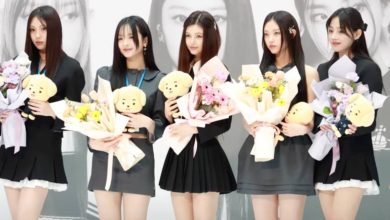Viral Post on ‘True Korean Faces’ Ignites Fiery Debate on Beauty Standards and Ethnic Identity: Plastic Surgery vs. Heritage?
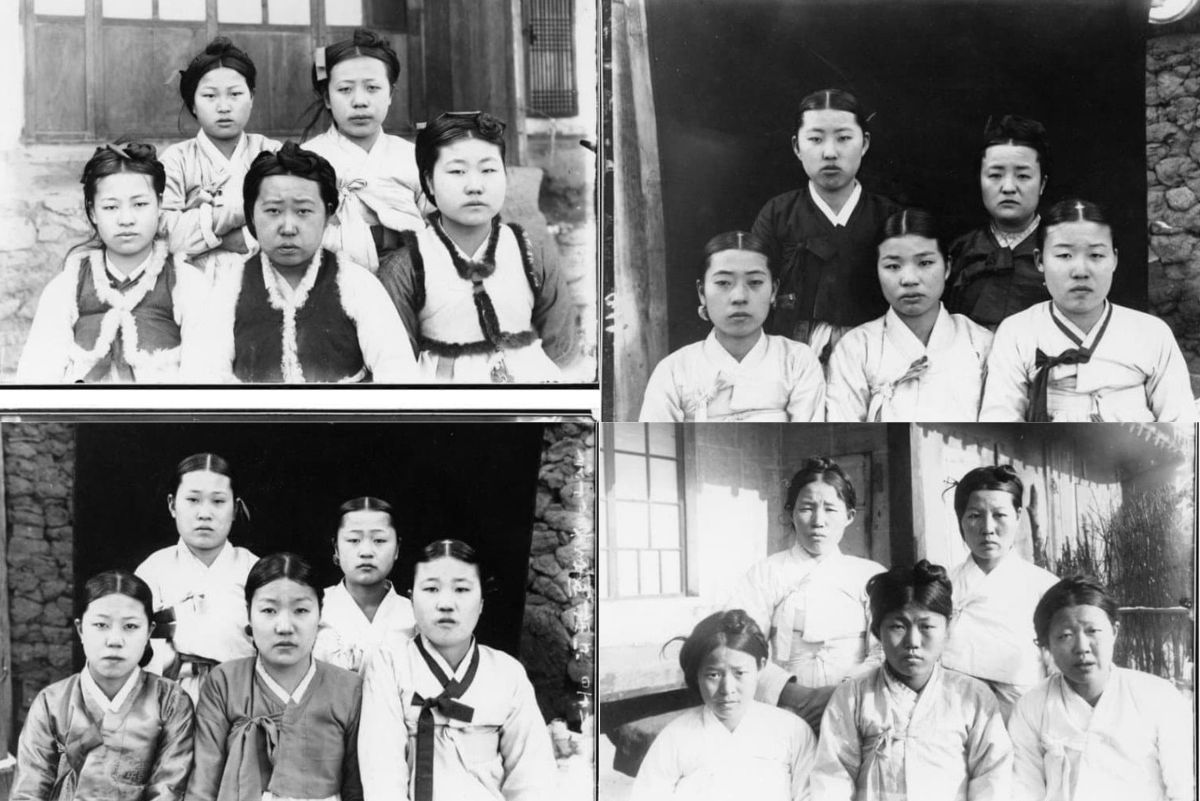
A recent post on the popular Korean forum Pann has stirred significant online discussion, questioning the authenticity of modern Korean beauty standards and reflecting on the nation’s historical identity.
The post, titled “Isn’t this the true natural Korean face?”, suggests that contemporary Korean appearances have been significantly altered through plastic surgery, leading to a homogenization of features. The author implies that these changes have distanced modern Koreans from their ancestral looks.

These days, thanks to plastic surgery, we’ve successfully “modified the subspecies,” so it’s at least somewhat better but if you look at photos of Koreans from just a few decades ago or from the late Joseon era, you’re honestly left speechless and humbled.
This commentary has sparked a wave of reactions from netizens, with some agreeing that modern beauty standards have shifted dramatically due to cosmetic procedures, while others argue that such changes are part of a natural evolution influenced by globalization and cultural exchange.
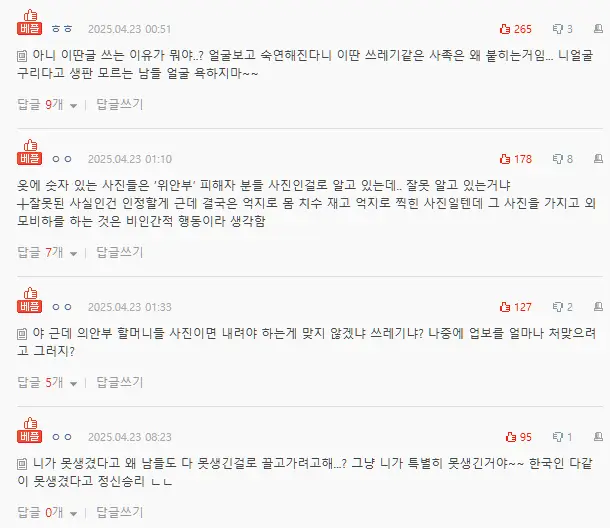
Comments on Pann:
- Why even write something like this…? Saying you feel solemn just by looking at someone’s face, what kind of trashy comment is that… Don’t insult other people’s faces just because you’re unhappy with your own~~
- I believe the photos with numbers on the clothes are of “comfort women” victims… Am I mistaken? I’ll admit if that’s a factual error, but in the end, those photos were likely taken under coercion, with their body measurements forcibly recorded. I think using those images to mock someone’s appearance is an inhumane act.
- Hey, but if those are actually photos of comfort women grandmothers, shouldn’t they be taken down? Are you trash? How much karma are you trying to get hit with later?
- That’s just how original Northeast Asian faces look people have just followed their country’s beauty trends and gotten work done accordingly.
- It’s not even that different from how people look now.
The post has reignited conversations about the impact of media, societal pressures, and the beauty industry on individual self-image and cultural perceptions. As Korea continues to influence global beauty trends, discussions like these highlight the ongoing dialogue between tradition and modernity.
